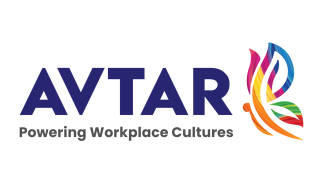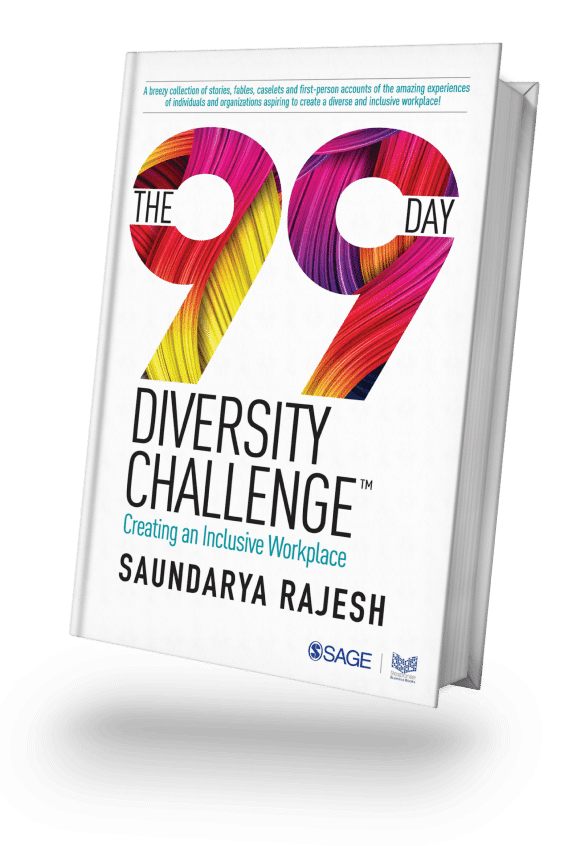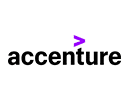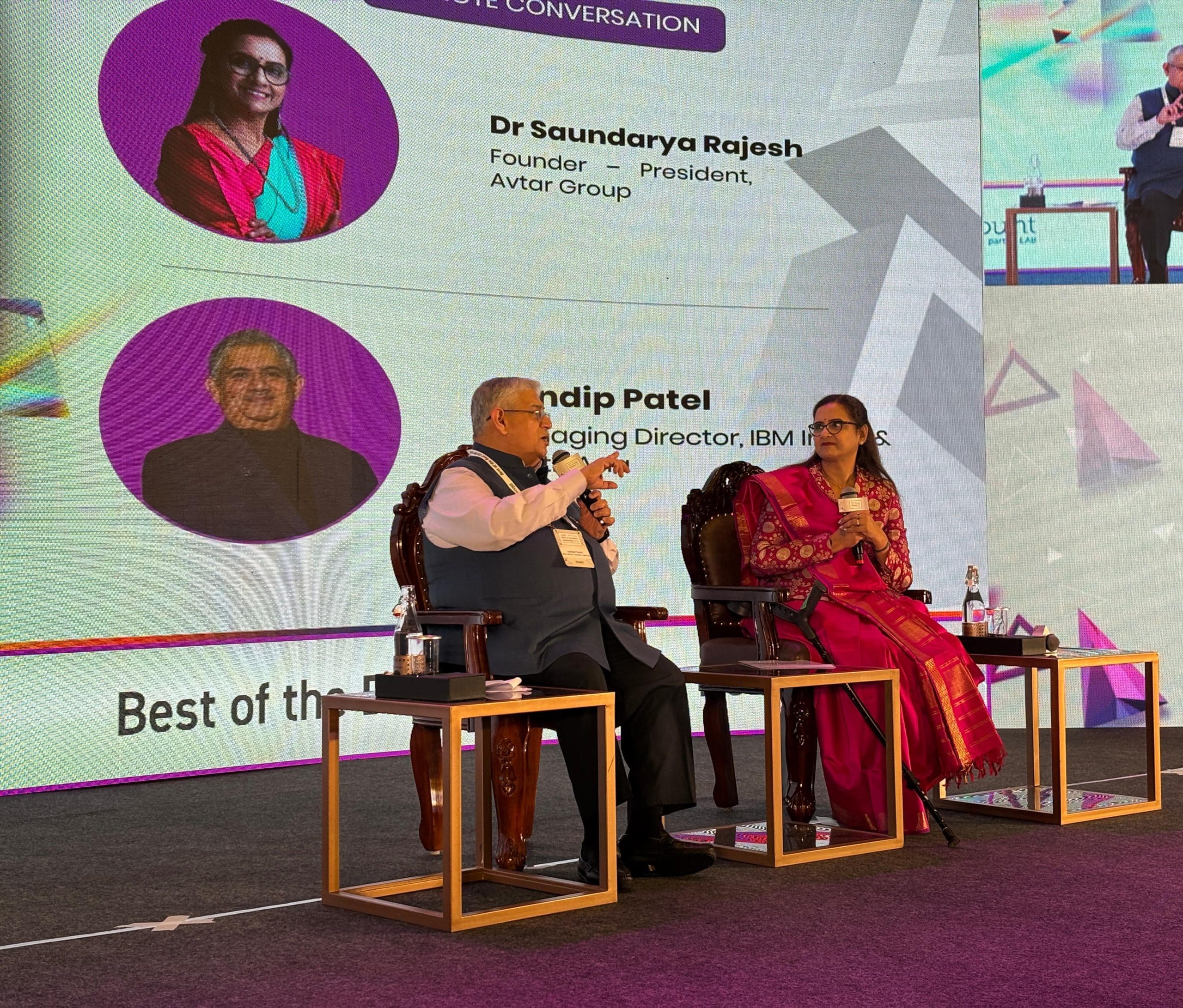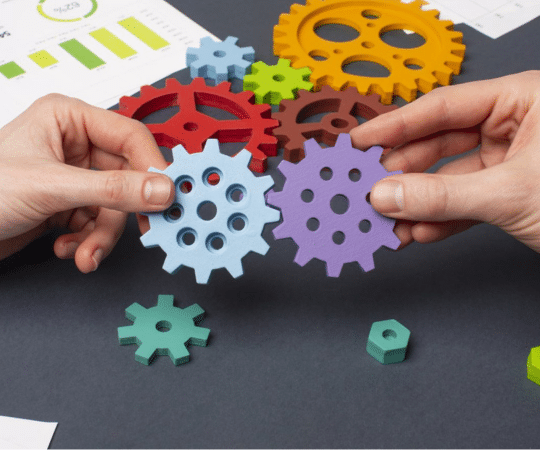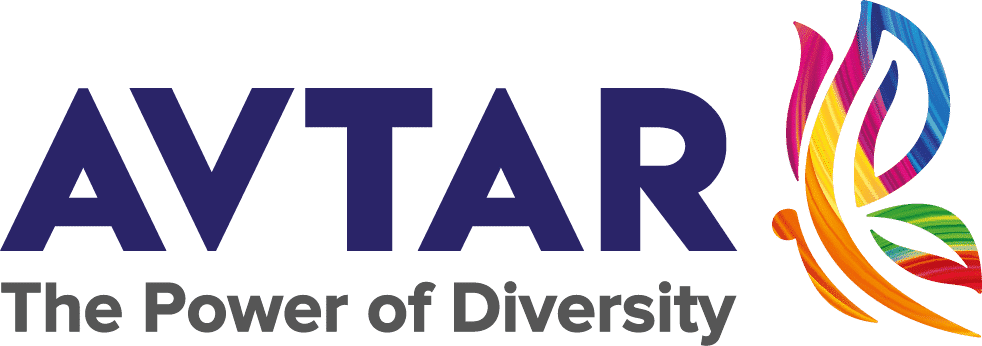Diversity, Equity, and Inclusion (DEI), a concept that is being talked about for around two decades now, is being implemented in several organizations across the world in a systematic and structured form. This has become one of the particularly key factors for the employees to choose the organization they would like to work with and their decision to see their long-term association with the organization along with their personal and professional growth. It makes a strong business case, talent case and culture case and positively impacts the GDP of the country.
The ABC Model of Allyship is a pragmatic framework to enable organizations build equitable and inclusive cultures. It consists of the following aspects:
A: Appreciate inclusion: Workplace allyship begins by expanding your bandwidth to increase your awareness, sensitivity, and appreciation of other people’s experiences, even if they are different from yours.
B: Build an inclusive climate: Create safe inclusive supportive and affirmative workspaces through ongoing initiatives for candid courageous and compassionate conversations.
C: Champion change Authentic advocacy is the climax of allyship. A mature ally at this stage, looks out for suitable opportunities to make workplaces equitable and inclusive and thereby ensure that all employees are treated based on the foundational principles of Choice, Respect, Equity Equality, and dignity (CREED).
A study by Change Catalyst in The State of Allyship Report: The Key to Workplace Inclusion explored people’s expectations from allies, how to enhance effectiveness of our allyship and its importance in creating impactful businesses. The study findings revealed that 92 percent of respondents reiterated the significant role of allies in their careers. In addition, those with more than one ally at the workplace are likely to experience twice the sense of belonginess and satisfaction with the workplace culture and their jobs.
Allyship is good for business
Allyship is directly correlated with business outcomes such as innovation, productivity, profitability, and customer satisfaction. It mitigates employee burn out and fatigue and decreases attrition rates due to feeling unwelcome or being excluded.
If you don’t have a plan for inclusion and allyship, make one—because it’s not going to happen on its own. “You need leadership to believe in it, but not only believe in it, fight for it,” said Erika Riggs, Chief DEI Officer at Omnicom Specialty Marketing Group at FQ’s The Great Returnship to the Workplace Equality Lounge.
The Change Catalyst study also highlighted that more than 50 -percent of people get to understand the importance and need for allyship through negative experiences of family members, colleagues, or strangers online. These have important implications in institutionalizing individualized support through allyship as a DEI strategy. Authentic allyship thus has the power to disrupt and dismantle structures of inequity and oppression.
“Being an ally of any kind isn’t a static identity we can claim, it’s an active, iterative process — a choice that we all must make every day and one that happens not just by doing what we think is best, but by listening, confirming someone’s own needs, and following that person’s lead. Ultimately, allyship is relational,” shared Tolu Lawrence, vice president of strategic growth and engagement at Promundo in an earlier Forbes interview.
Key challenges faced by organizations
The power of allyship in creating equitable workspaces is compelling. Yet, research and surveys consistently highlight the fact that most employees do not feel fully included at work and perceive allyship as a strategic tool to nurture inclusion and belongingness.
According to a recent McKinsey Global Survey, across geographies and locations, people from all backgrounds must confront barriers to inclusion, with people from underrepresented diversity pools such as women, people of color, people with disability and those who self-identify on the LGBTQIA+ spectrum face additional challenges. In addition, 84 percent of respondents reported having experienced microaggressions—the everyday verbal, behavioral slights or insults that communicate derogatory, hostile or prejudice (whether intentional or unintentional) towards stigmatized and culturally marginalized groups.
Thus, it is obvious that everyone of us needs allies in our personal and professional lives. Despite the overwhelming evidence of the catalytic role of allyship in creating a culture of inclusion and belongingness at the workplace, few organizations offer formal training/awareness and sensitization in structured allyship. Hence despite the best intentions, most organizations are unaware of where and how to initiate allyship.
Another key challenge lies in exploring and engaging with our biases—conscious and non-conscious biases against people from underrepresented diversity strands that often impedes allyship efforts and initiatives. It takes conscious, compassionate, committed, and deliberate individual effort grounded in a safe and supportive eco system to unlearn, de learn and relearn which is the essence of authentic allyship.
To build and sustain a culture of robust allyship at the workplace, intent must transform into behaviour that emerges from informed perspectives. However, this will be a reality only when there is a shared understanding of allyship in both letter and spirit. Most allies, even those with the best intentions of offering unconditional support, are unwilling to invest the time, effort, commitment, and a conscious engagement with the spectrum of issues and challenges faced by people from underrepresented groups.
It is common for people to hesitate to engage in allyship because of their fear of saying or doing something inappropriate or offensive to the people concerned. Hence, they often prefer to refrain from allyship. However, inaction and silence equate with complicity. Becoming an authentic ally is an ongoing process and an interior journey. We need to give ourselves permission to learn make mistakes and learn from them. We owe it to humanity to use our power and privilege to enable and empower those who lack such advantages.
“In my own personal journey, the more you ask and try—even when you get it wrong—the more comfortable you get with allyship. Getting in the game and showing up as an ally in and of itself is valuable, and you will get better as you do it,” says Rachel Thomas, Co-founder & CEO of LeanIn.Org and OptionB.Org.
